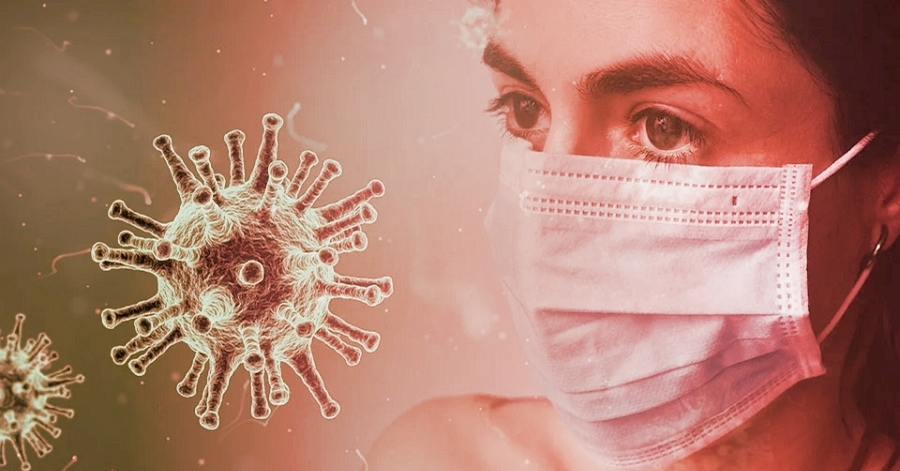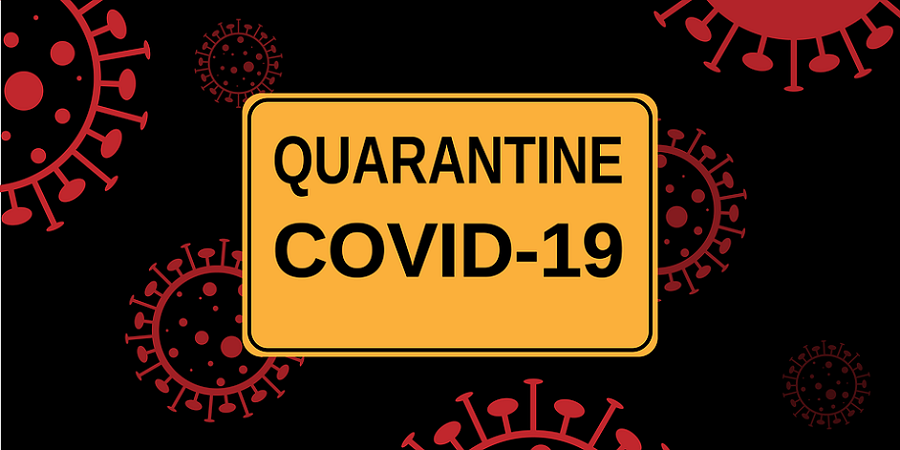As of Saturday evening, 14th March 2020, the Department of Health (DOH) has confirmed a total of 111 cases of COVID-19 in the Philippines, with eight reported deaths.
A few hours later, at exactly 12:00 am Sunday morning, a community quarantine came into effect in Metro Manila, as part of stringent measures to help contain and prevent the spread of COVID-19 inside and outside the National Capital Region (NCR).
DOH Confirms Total of 111 Cases, 8 Deaths due to COVID-19
“Details of these new cases are currently being validated by our teams and will be provided to the public as soon as the information is available and verified by the Department,” stated the DOH in a press release. “All are enjoined to source out information through the Department’s official channels.”
Previously, Health Secretary Francisco Duque III advised the public to practice preventive measures, such as hand-washing and social distancing, to hinder the spread of COVID-19.
As for the latest cases, these had been confirmed just a few hours before Metro Manila was placed under a “community quarantine,” as part of the Philippine government’s efforts to help prevent the spread of the novel coronavirus in the country, GMA News reported.
Community Quarantine over NCR
Last Thursday, President Rodrigo Duterte talked about community quarantine measures via a live television broadcast, after a Code Red Sub-Level 2 alert was raised in the Philippines.
“It’s just a matter of protecting public interest and public health,” the President explained. “Ayaw naming gamitin yan kasi takot sa lockdown (We didn’t want so say it because people are afraid of lockdown), but it’s a lockdown. There is no struggle of power here, it is a matter of protecting and defending you from COVID-19.”
The community quarantine takes place from 15th March to 14th April 2020. During this period, travel to and from Metro Manila is restricted. The entire region would be closed from non-essential entries and exits, with uniformed personnel to be deployed along the region’s borders.
During the month-long quarantine, authorities clarified that the flow of goods (e.g. food, medical supplies) will not be stooped. Schools will be closed, along with government offices (though with a skeletal force still in place to maintain public services). Private sector employees can still travel to work, although those who travel regularly from outside Metro Manila need to present proof of employment (e.g. company ID or certificate of employment) to officers at border control points.
Enforcement of Border Control
As of 12:00 am on Sunday, the enforcement of border control appeared to be erratic, as there were no law enforcement officers and barriers at the San Pedro, Laguna – Muntinlupa control point. However, there were 40 police officers operating and pulling vehicles over at the control point in Barangay Silangan, Payatas and San Mateo, Rizal.
Police officers were also operating at the Meycauayan, Bulacan – Valenzuela control point at midnight. Likewise, at the Pasig City – Cainta, Rizal border, cars were being pulled over. Travelers’ temperatures were being checked, with some of them presenting certificates of employment and others confirming that they were residents.
Elsewhere in the Philippines, several provinces and municipalities have also begun imposing preventive measures, including suspension of classes and “localized” quarantines. To learn more about these measures, check out our previous post about community quarantine, as discussed recently by President Duterte.

